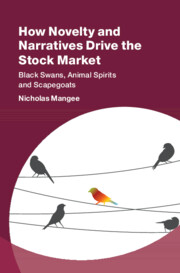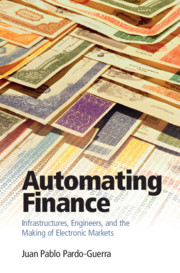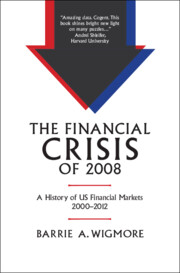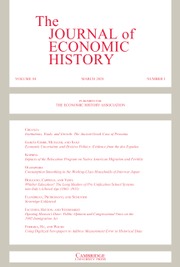The Origins of English Financial Markets
The late seventeenth century was a crucial period in English financial history. A host of joint-stock companies emerged offering the opportunity for investment in projects ranging from the manufacture of paper to the search for sunken treasure. Driven by the demands of the Nine Years' War, the state also employed innovative tactics to attract money, its most famous scheme being the incorporation of the Bank of England. This book provides a comprehensive study of the choices and actions of the investors who enthusiastically embraced London's new financial market. It highlights the interactions between public and private finance, looks at how information circulated around the market and was used by speculators and investors, and documents the establishment of the institutions - the Bank of England, the national debt and an active secondary market in that debt - on which England's financial system was built.
- Provides a new interpretation of England's financial revolution by considering the early modern financial market from a social as well as economic perspective
- The first systematic study of the volume and nature of trading prior to 1720
- Author is a former derivatives trader
Reviews & endorsements
"Murphy's book is a good starting point for anyone wishing to know more about an important and intriguing period in financial history." -Bruce G. Carruthers, American Historical Review
Product details
December 2009Hardback
9780521519946
298 pages
235 × 158 × 23 mm
0.57kg
Available
Table of Contents
- Introduction
- 1. London's first stock market boom
- 2. The rise of the public funds
- 3. The contemporary debate
- 4. The development of a financial press
- 5. Networks of information
- 6. The investors
- 7. Stock-jobbing the market
- 8. Investment strategies
- Conclusion
- Appendices
- Bibliography.










